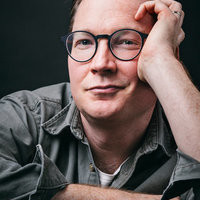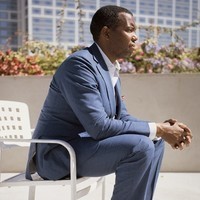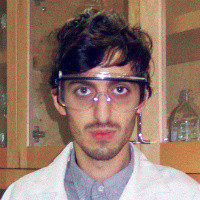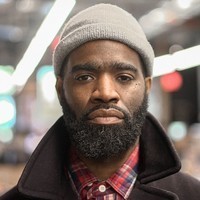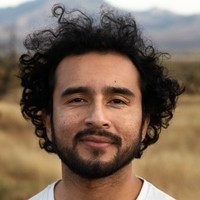Where We All Will Be Received
Paul Simon’s Graceland at 25.
The Paul Simon who, on a bus en route to New York City told his sleeping girlfriend that he was empty and aching and he didn’t know why, that Simon belongs to our parents. My generation may love him but he’s not ours. The Simon who is soft in the middle (or at least feels an affinity for men who happen to be), however, the one who reminds young women of money, who has been divorced and has a kid to prove it, and who has the means to catch a cab uptown and take it all the way downtown talking dispassionately while doing so about the comings and goings of breakdowns, that Simon belongs to us as much as he does to our folks because he is our folks.

